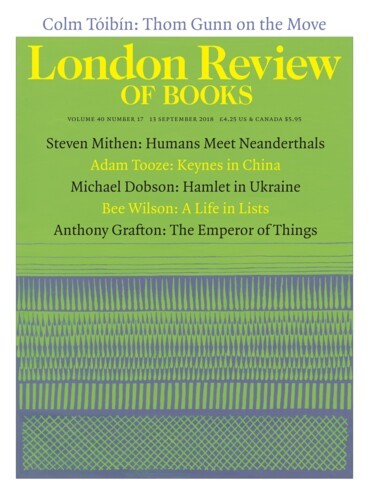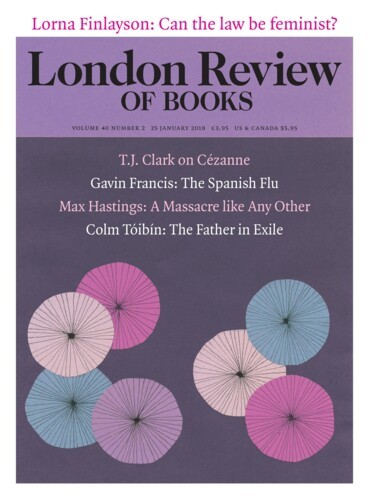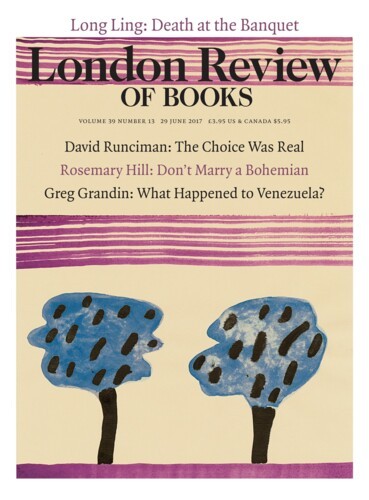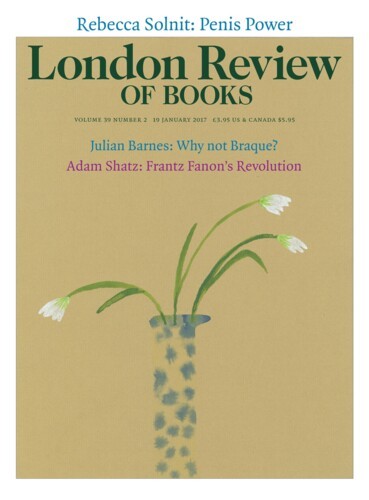In a Frozen Crouch: Democracy’s Ends
Colin Kidd, 13 September 2018
A historian ought to know better, I suppose. But for the last decade – ever since I passed a long queue of anxious depositors outside a branch of Northern Rock in September 2007 – the idea that we might be living through our own version of the 1930s has proved irresistible. The run on Northern Rock augured a financial collapse on the scale of 1929, and has been followed by...





